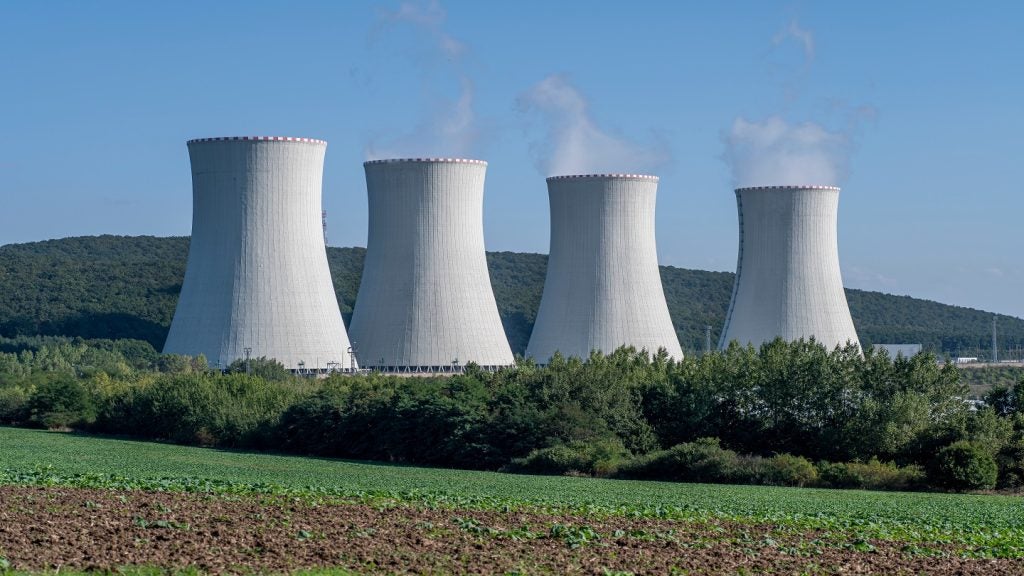Vietnam is considering the revival of its nuclear power development plans to bolster national energy security and support economic growth, according to a government document reviewed by Reuters.
The country, which depends heavily on coal for power generation, aims to enhance cleaner energy production to achieve its net zero target by 2050.
According to the document, the Ministry of Industry and Trade is to conduct research on the nuclear power development experience of other countries and make a proposal to develop nuclear power in Vietnam.
The document states that Vietnam has a target of raising its power generation capacity by between 12% and 15% a year to “ensure national energy security... and support an annual economic growth of 7%.”
The proposal for nuclear power development will be presented to the Politburo, Vietnam's top decision-making body, for consideration.
In 2009, Vietnam approved the construction of its first two nuclear power plants, expected to have a combined capacity of 4GW.
However, the plans were halted in 2016 due to the Fukushima nuclear disaster in Japan and budgetary constraints.
The plants were to be constructed in Ninh Thuan province by Russia's Rosatom and the Japan Atomic Power Co.
Vietnam's pursuit of cleaner energy sources has recently encountered obstacles, particularly in offshore wind and liquefied natural gas development, due to regulatory and pricing challenges.
Despite these hurdles, officials have indicated that the country has been exploring the nuclear option for years and has held discussions with countries such as Russia, South Korea and Canada regarding support for small reactors.
Vietnam’s power development plan, known as PDP8, was approved in May 2023 but did not mention nuclear power.
The plan aims to increase Vietnam's total installed power generation capacity to more than 150GW by 2030, up from just over 80GW at the end of 2023.
State media reports that the Ministry of Industry and Trade is currently seeking input to update PDP8.
The government has instructed relevant ministries and agencies to address the challenges impeding the development of offshore wind and gas-fired power, though details were not provided.
In September 2024, JERA considered investing in a natural gas power plant in Vietnam.









